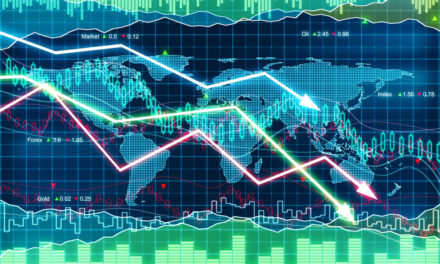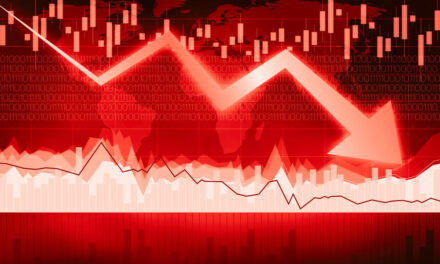Former Bill Clinton Treasury Secretary and Barack Obama economic adviser Larry Summers warned Monday that the U.S. is just one recession away from being stuck back in zero interest rate territory — or even lower.
“It’s a very different world when everyone’s stuck at zero interest rates,” Summers, who is now an economics professor at Harvard, said on CNBC’s “Squawk Box” program. “We’ll have to think about stabilization policy. Institutions are going to have to think about their investment policy in a very different world when we have a black hole, zero interest rate world.
“I fear that’s what we’re headed into.”
Summers mentioned Japan’s economy as an example of where the U.S. is heading. Japan has had a stagnant economy for decades, and the Bank of Japan ventured into negative interest rate policy, or NIRP, in 2016, two years after the European Central Bank gave negative rates a shot.
Without major changes to the Federal Reserve’s monetary policy, there’s little chance we’ll stay above zero in the United States much longer, Summers said.
“We’re one recession away from a situation of that kind,” he said.
Summers said there is a recession coming but the risks of one hitting within the next year are less than 50%, though, the odds go up each year.
The Fed has now cut rates twice in the past few months for the first time in more than a decade as the central bank moved to normalize rates. However, a slowing of the global economy helped spur the new rate cuts, and markets are already pricing in another cut by the end of the year.
President Donald Trump, of course, has repeatedly lambasted the Fed and Chair Jerome Powell for not cutting rates fast enough.
….The USA should always be paying the the lowest rate. No Inflation! It is only the naïveté of Jay Powell and the Federal Reserve that doesn’t allow us to do what other countries are already doing. A once in a lifetime opportunity that we are missing because of “Boneheads.”
— Donald J. Trump (@realDonaldTrump) September 11, 2019
The Fed cut rates to the 1.75% to 2% range after its September meeting, when Powell said they weren’t looking to go negative.
“I do not think we’d be looking at using negative rates,” he told reporters at the time.




